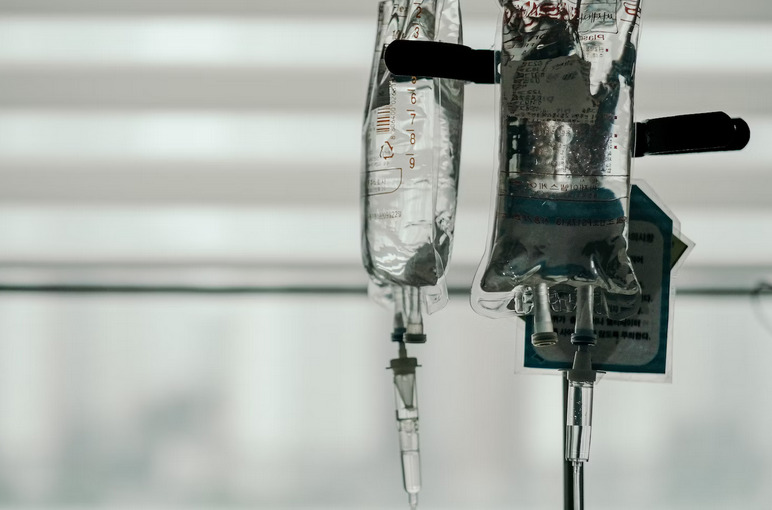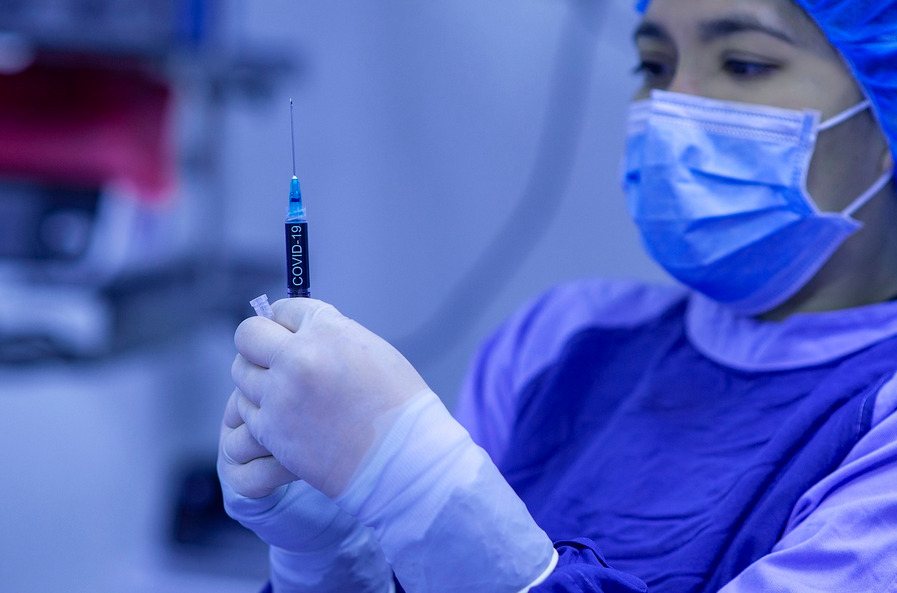When it comes to mobile intravenous (IV) therapy, the role of a hydreight nurse is pivotal. These healthcare professionals are responsible for administering IV treatments to patients in various settings, ensuring that they receive the hydration, vitamins, and other necessary therapies. Hydreight nurses undergo specialized certification and training to guarantee the highest standard of care. In this article, we’ll explore the rigorous certification and training process that Hydreight nurses undertake to ensure quality patient care.
Understanding the Role of Hydreight Nurses

Hydreight nurses are at the forefront of mobile IV therapy. They provide various services, including hydration therapy, vitamin infusions, and treatment for different health conditions. Their ability to deliver safe and effective treatments is critical to the well-being of their patients. As such, Hydreight nurses must be highly skilled and knowledgeable in their field.
The Certification Process
Hydreight nurses must meet specific requirements and undergo a comprehensive certification process to become eligible for this role:
- Nursing Degree: To start the journey towards becoming a Hydreight nurse, candidates must possess a registered nurse (RN) license, typically achieved through a Bachelor of Science in Nursing (BSN) degree.
- State Licensure: Hydreight nurses must be licensed in the state where they practice. State licensure ensures they meet their jurisdiction’s requirements and standards for nursing practice.
- Advanced Training: After acquiring an RN license, nurses undergo advanced training in IV therapy, which includes a focus on IV insertion, fluid and electrolyte balance, infection control, and specific IV therapies.
- Certification: Many Hydreight nurses pursue certification as Certified Registered Nurse Infusion (CRNI) through organizations such as the Infusion Nurses Certification Corporation (INCC). This certification demonstrates their expertise in infusion therapy, which is crucial for IV treatments.
Ongoing Training and Education
The commitment to quality care continues after certification. Hydreight nurses engage in ongoing training and education to stay up-to-date with the latest advancements in IV therapy, medical protocols, and patient care. This commitment to continuous learning ensures they can provide their patients with the best care. In addition to the training provided by Hydreight, nurses may attend workshops, conferences, and courses related to IV therapy. These opportunities allow them to enhance their skills, learn about new treatments, and network with other healthcare professionals.
Infection Control Protocols
Infection control is a top priority for Hydreight nurses. They are trained in maintaining a sterile environment during IV therapy to prevent infections and ensure patient safety. This includes proper handwashing, aseptic technique, and monitoring for signs of infection. Hydreight nurses also follow strict guidelines for equipment sterilization, ensuring that all instruments are clean and safe for use.
Patient Assessment and Care Planning

Hydreight nurses are skilled in patient assessment and care planning. To develop personalized treatment plans, they evaluate patients’ needs, medical history, and specific health concerns. This individualized approach is essential to ensure patients receive the most appropriate therapies. In addition to administering IV treatments, Hydreight nurses also educate patients on self-care techniques and monitor their progress to ensure optimal outcomes.
The certification and training of Hydreight nurses are foundational to the quality of care they provide. With their specialized knowledge, advanced training, and dedication to ongoing education, these healthcare professionals ensure that patients receive safe, effective, personalized IV therapies. Whether for hydration, vitamin infusions, or specific medical conditions, patients can trust that Hydreight nurses are committed to their well-being and the highest standards of care.

